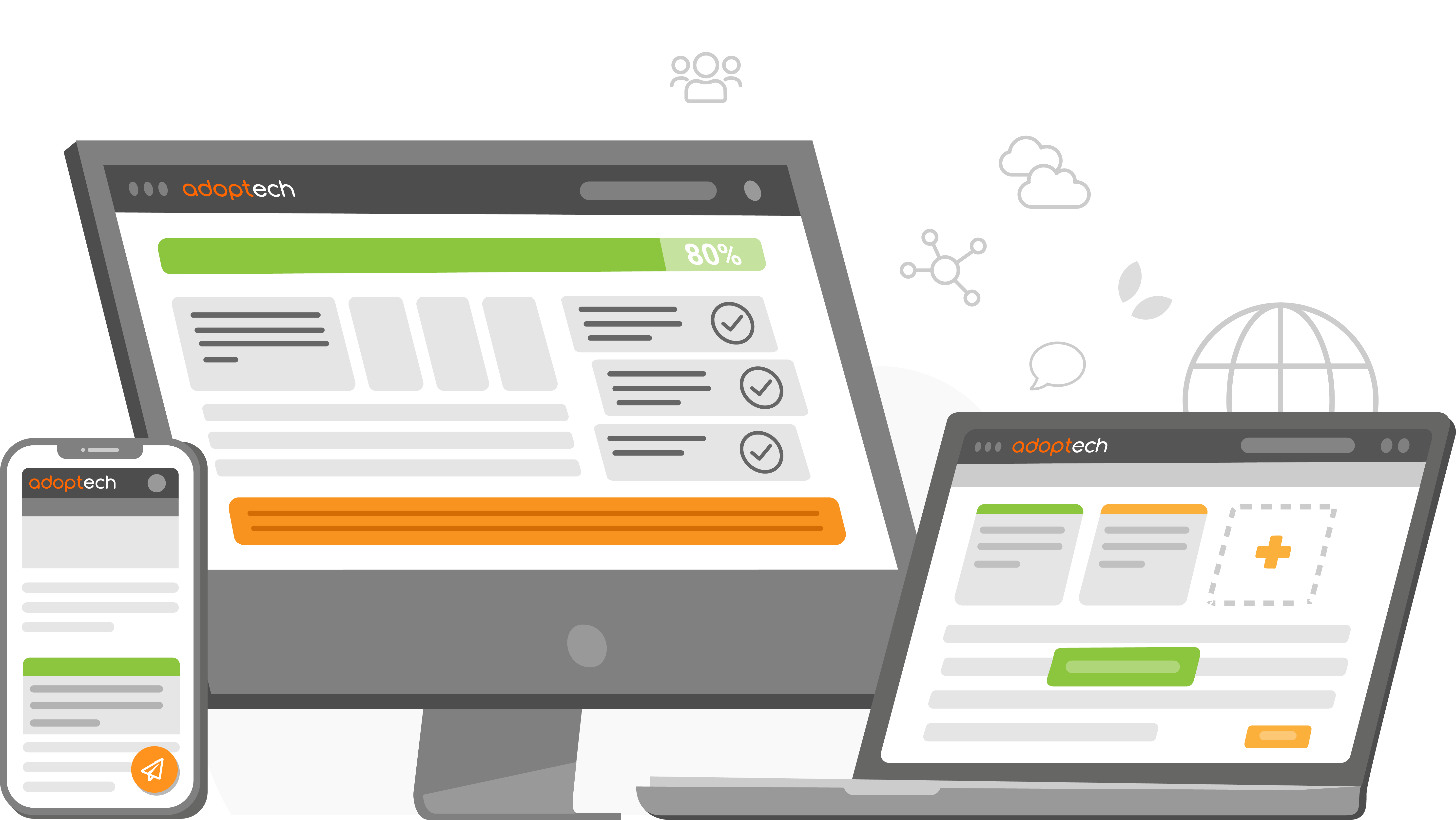Remote Working, Data Protection and VPN Policies are essential in the modern working environment

The way in which many of us work has fundamentally changed over the last 2 years with remote and hybrid working now common. The ability to work from just about anywhere in the world brings benefits to firms and their staff, however, these changes impact many aspects of a firms’ operations.
From a staffing perspective, remote and hybrid working provides staff with greater flexibility on when and from where they work, but whilst beneficial in many ways it brings challenges.
The cultural norms, processes and practices that would historically have been learnt face-to-face in the office have to be communicated in different ways. Clearly documented policies, procedures and controls are now more important than ever before.
To support those documents, additional training is needed to strengthen the behavioural and cultural norms that are no longer communicated in the office.
Whilst staff may be working remotely the obligation a firm has to ensure there is a safe and comfortable working environment does not change. Most firms need to update their health and safety policies to support remote and hybrid working and ensure they remain aligned with health and safety legislation.
From a data protection perspective, firms typically utilise technologies such as VPN and firewalls to protect firms’ data from external threats. By blocking, encrypting and controlling the data being transmitted to and from a firms’ networks, these services are providing lines of defence against cyber-security threats. Whilst these tools have become increasingly important, the increased use of cloud services and expanded connectivity options means that additional layers of protection will be increasingly necessary to reduce accidents and the chance of being significantly impacted by cyber-attacks. User identification/access management tools such as single sign on (SSO) and two factor authentication (2FA) are necessary additions to increasing layers of security.
In this article we explain what a VPN Policy is and review four other key policies related to remote or hybrid working and data protection.
What is a VPN Policy? (Virtual Private Network)
A VPN (Virtual Private Network) aims to provide private and secure access to other networks across a public network, typically the Internet. A VPN achieves this by blocking, encrypting and controlling the data being transmitted between the networks.
If staff wish to work remotely and access the firms’ network over the Internet, they are often required to use a VPN service to secure those communications.
Many firms do not have a VPN policy that guides employees on how Virtual Private Network connections should be configured, used and controlled.
This document is an easy and fast way to make sure all your employees are working safely, reducing the risk of potential data breaches and cyber security issues.
You can learn more about the VPN policy here
Mobile Device Policy (BYOD)
Also known as: Bring Your Own Device Policy
The line between personal and professional environments is getting thinner. The use of personal devices in the professional environment and vice versa is becoming more frequent and there are inherent risks to this practice.
Employees are likely to use their personal phone during their working hours, and maybe use their own device for work. Where staff are permitted to ‘bring your own device’ (BYOD) – and use those for work rather than being required to use devices provided by the company – it can save the company the cost of purchasing additional devices, but it can also be a challenge to secure those devices and ensure they have the correct cyber-security controls in place.
A Mobile Device Policy outlines whether the company supports BYOD or whether work provided devices must be utilised. It also works as the perfect way to establish the limits, define and enforce rules when it comes to the use of personal or company provided devices.
You can learn more about the Mobile Device policy here
Access Control Policy
By controlling access to the company’s data there is less likely to be a data breach, however, when there are a thousand and one other things to be done, those first layers of security are often overlooked. An easy-to-understand policy, that all staff have read and understood from the moment they join the company can make the difference to day-to-day behaviour and reduce the likelihood of a data breach.
The Access Control Policy defines how access is managed to information systems, detailing who may access information and under what circumstances. It is also a way to educate employees on the importance of following best practices regarding data security.
You can learn more about the Access Control policy here
Data Protection Policy
Your company’s information, data and Intellectual Property is key for their success and stability, they must be protected at all costs. EU and UK legislation, such as GDPR, is clear on the compliance levels required and how important the use and treatment of personal information is.
Data Protection breaches are more prevalent, and the cost can be devastating for companies, especially for Start Ups. It is crucial that companies are clear on their approach to Data Protection and GDPR compliance.
The Data Protection Policy outlines the company’s systematic approach to protecting confidential information and complying with relevant legislation. It sets out the procedures that must be followed when processing or handling information and data.
Creating the policy and storing it in a folder is to a large extent a waste of time. Staff must read the policy, be trained on data protection and updated on the latest threats and changes to legislation. It is key that by reading the policy and undertaking training staff understand their roles, responsibilities and process that must be followed to protect confidential data.
You can learn more about the Data Protection policy here
Subject Access Request Policy
Under EU and UK legislation, individuals have the right to access and receive a copy of their personal information stored by a company. These requests are called Subject Access Requests or SARs.
The procedure for handling an SAR should be established in a Subject Access Request Policy. This policy helps to inform the staff about their duties and the procedures that must be undertaken when a SAR is received. It is important that staff recognise a Subject Access Request when one is received and the steps that must be taken.
You can learn more about the Subject Access Request policy here
Maintaining corporate policies can be seen as a tick box, waste of time exercise. Staff hate reading them and it can be considered a time consuming and unnecessary chore creating them. This view has been driven by verbose policies being created that missed their key objective, that is, to communicate best practices and reinforce expected behaviour.
Overcoming this historical view of company policies requires firms to write short, succinct policies that are designed to educate, rather than tick a box.
Employees will be the ones who will execute the policies, and also the ones that will manage risky situations, so it is crucial that they know how to act.
Whilst policies need to be kept up to date with internal changes and external factors, such as legislation, there is little point updating policies if staff are not reading them. Updating policies and tracking that staff have read the updated policy is no longer a time-consuming costly exercise.
Adoptech allows you to over 70 bespoke policiesbespoke policies in minutes, keeping them always updated and allowing you to track staff approval.
Just chat with our team if you want to know how Adoptech can help you increase your company’s safety and performance.


